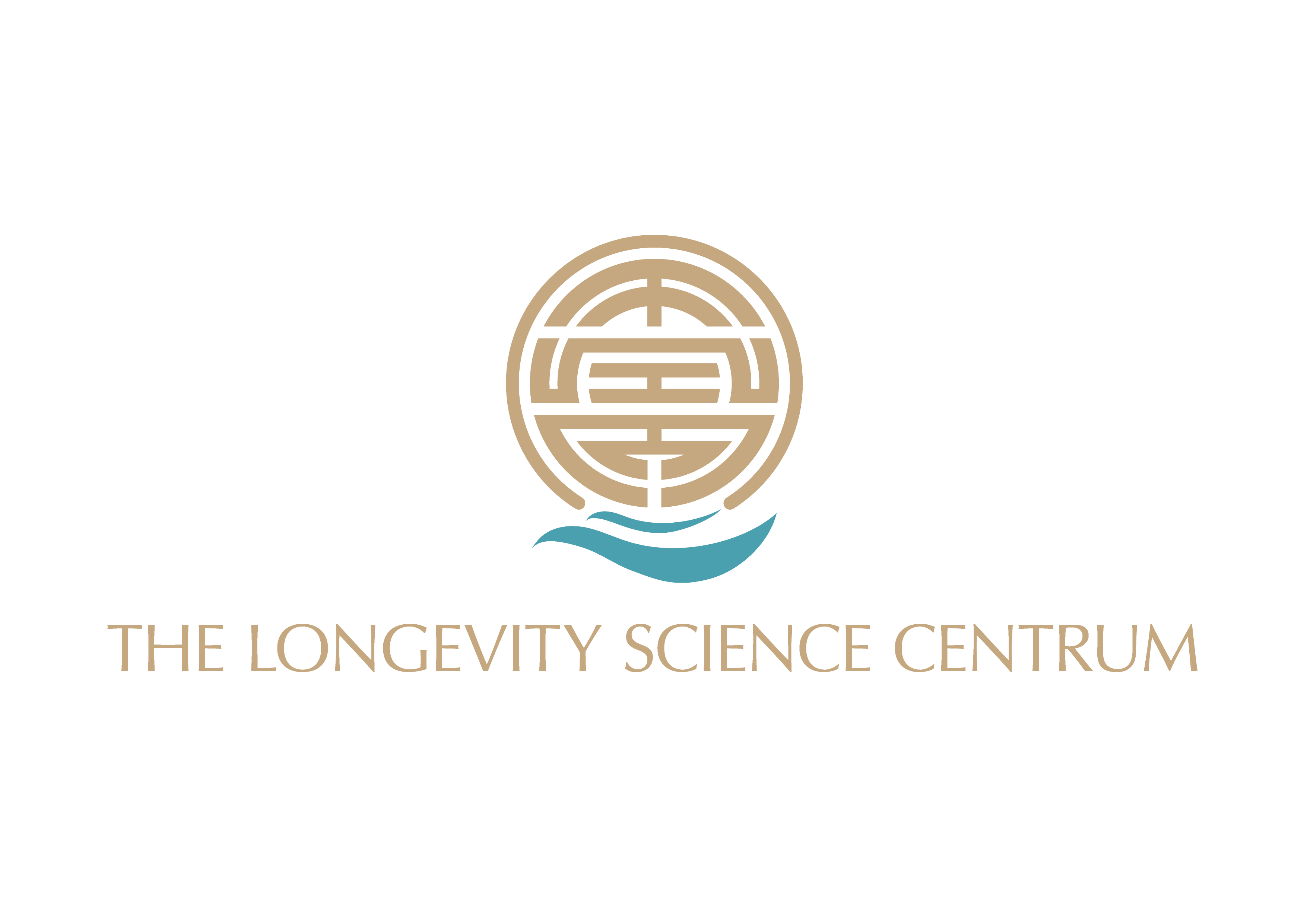Health and age assessment
Our comprehensive services that you can trust for precise aging assessment and optimising therapy care.
Understanding Chronological Age and Biological Age:
Chronological age is the number of years you’ve been alive since birth, while biological age measures how well your body is functioning compared to others of the same chronological age. Biological age provides a more accurate reflection of overall health and can help delay or prevent aging-related diseases.
The Difference:
The difference between chronological age and biological age is important as it indicates overall health. If biological age is younger, it suggests good health, while if it is older, it can indicate rapid aging due to poor choices or underlying health issues.
Types of Tests:
There are multiple tests to assess biological age. Epigenetic tests that analyse gene changes, physical assessments measuring health markers such as muscle mass, and blood tests looking at biomarkers. These tests combine to provide a complete picture of a person’s biological age and guide personalized health strategies.
Epigenetic Testing Benefits:
Epigenetic testing is accurate, cost-effective, and non-invasive. With a small drop of blood, epigenetic age testing is able to examine changes in gene expression linked to aging, providing an accurate measure of how old a person’s cells appear, which in turn provides insights that enable targeted interventions.
TLSC Commitment:
TLSC offers epigenetic testing and through collaboration with our partners at Mount Elizabeth Novena Hospital, provides a series of comprehensive health screening services, prioritizing accurate measurements and actionable insights. Insights that allows TLSC to provide personalised therapies tailored to unique individuals, addressing specific health concerns. Overall, TLSC is dedicated to promoting optimal health through accurate, affordable, and excellent interventions.


